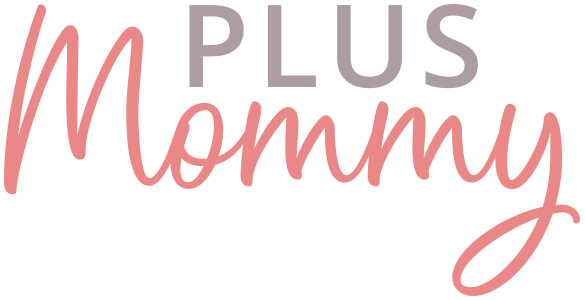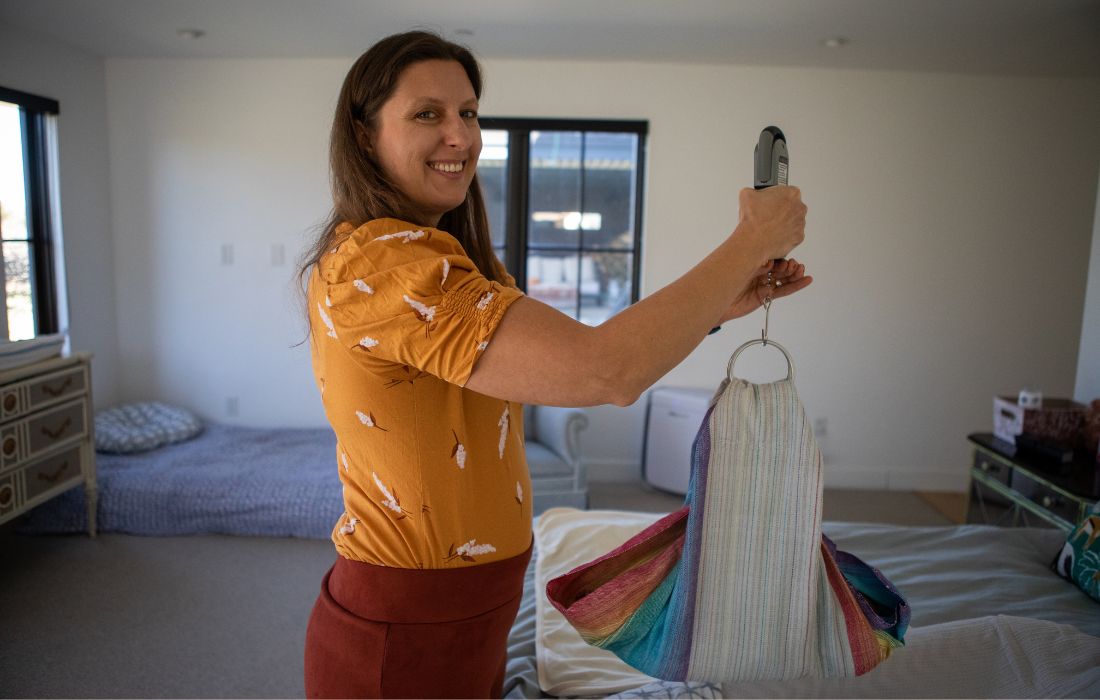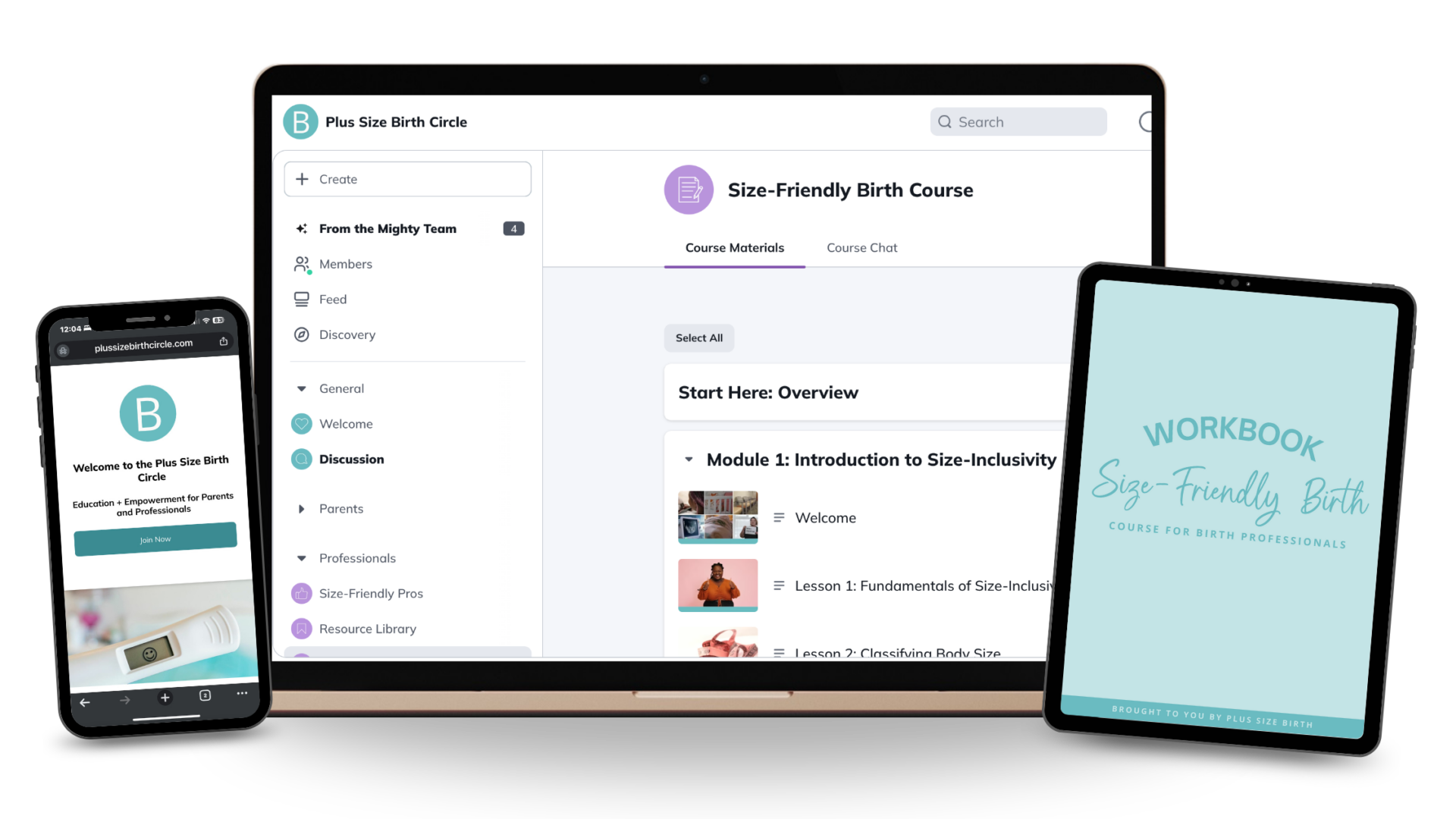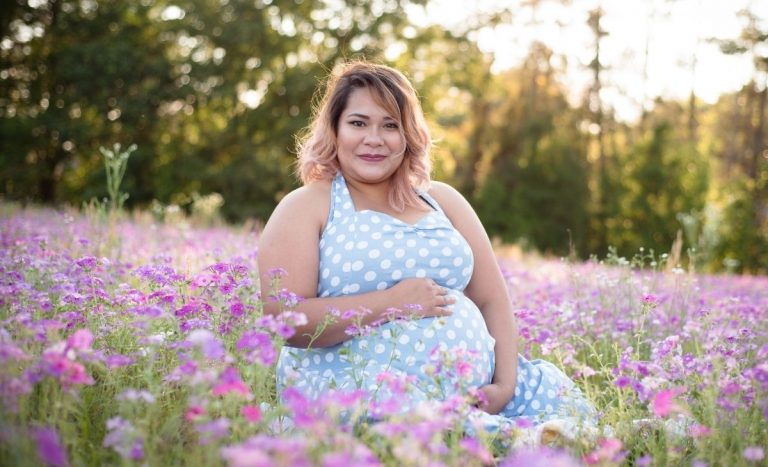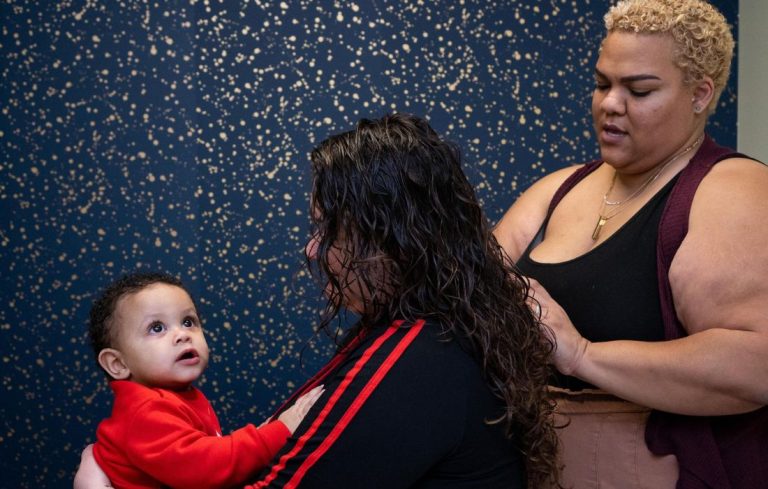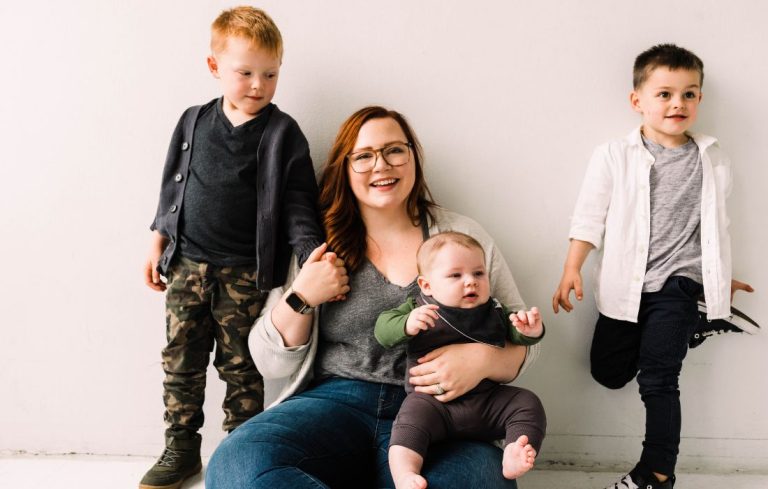How Weight Bias Undermines Standard Midwifery Support
Let’s explore what it truly means to support people in larger bodies through pregnancy, birth, and postpartum and how weight bias continues to undermine standard midwifery support.
I’m joined by Cheryl Furer, a seasoned home birth midwife for episode 231 of the Plus Mommy Podcast. From outdated weight gain restrictions to the impersonal nature of many medical settings, we speak candidly about the urgent need for whole-person, evidence-based care. Their conversation is a call to action for parents and providers alike: it’s time to put trust, autonomy, and compassion at the heart of every birth story.
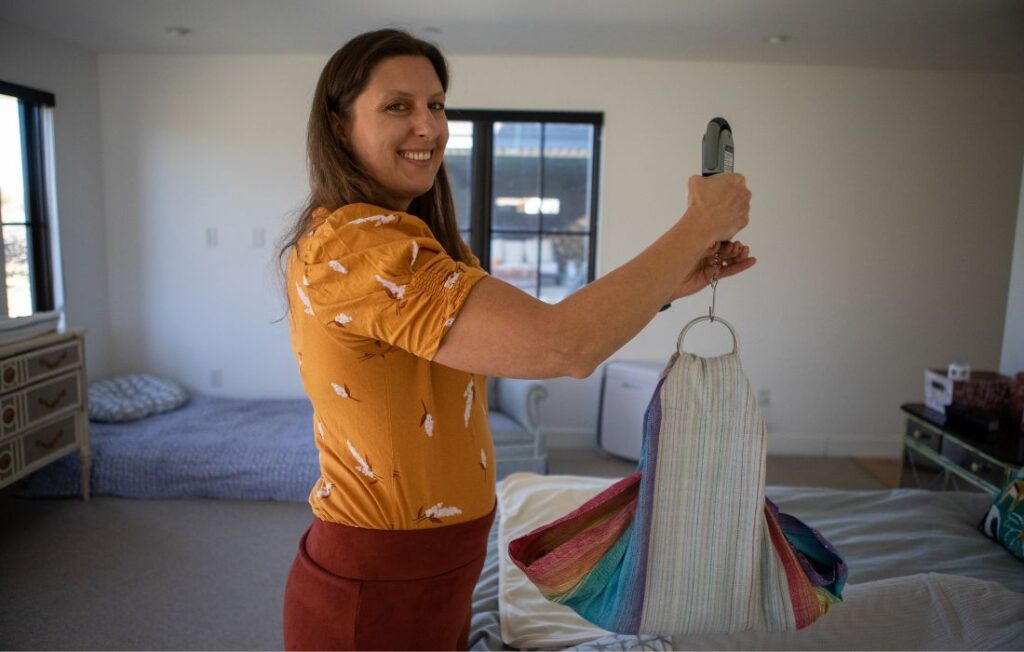
“Of course, it’s normal to gain weight during pregnancy!”
One of the most troubling realities discussed in this episode is the shame and confusion many plus-size people experience around pregnancy weight gain.
Cheryl shares a devastating story about a friend who was told by her nurse to gain “no more than five pounds” for her entire pregnancy. This kind of restriction isn’t just unrealistic, it’s rooted in bias, not science.
As Cheryl and Jen explain, the American College of Obstetricians and Gynecologists (ACOG) recommends a weight gain range of 11–20 pounds for people with a higher BMI.
But this is a guideline, not a prescription. It was never intended to be used to shame or limit people’s experiences.
Cheryl advocates for care that looks at the whole picture—how a person is eating, feeling, moving, and coping emotionally. Because real prenatal health goes far beyond a number on a scale.
A Midwife’s Approach: Hands-On, Individualized Care from Prenatal to Postpartum
When it comes to prenatal care, Cheryl’s model stands in stark contrast to the rushed, one-size-fits-all care many people encounter in hospital settings.
Her appointments last 45 to 60 minutes, giving ample time to address both physical and emotional needs. She makes space for clients to talk about how they’re adjusting to their changing bodies, how they’re sleeping, what they’re eating, and what they’re afraid of.
Consent is woven into every interaction. Cheryl explains that even routine procedures like weighing are optional. Clients can opt out or request blind weights, and that choice alone can help people feel more in control and less scrutinized.
Cheryl also uses palpation, a hands-on technique to feel the baby’s position in the belly rather than relying solely on ultrasound. It’s a simple, yet intimate practice that builds trust between midwife and client and helps people connect more deeply to their pregnancies.
And when touch is involved, Cheryl always asks for permission, reinforcing the client’s agency every step of the way.
In home birth settings, physical space matters too. Cheryl adapts equipment and positions to support all bodies. She ensures that chairs are armless and sturdy, blood pressure cuffs actually fit, and birth tools like peanut balls and birthing stools are accessible.
She encourages people to practice squats, lunges, and hands-and-knee positions throughout pregnancy to feel more comfortable and capable in their own bodies.
Busting the Myth: “Plus-Size Means High-Risk”
A central theme in this conversation is confronting the myth that a high BMI equals high risk. Cheryl is clear: size alone is not a risk factor.
Most pregnant people are low-risk and can safely consider home birth if they choose. The problem is that many care providers apply outdated or arbitrary BMI limits, denying people access to midwifery care or birth center options simplybased on a number.
Cheryl points out that unless someone enters pregnancy with a pre-existing condition like Type 1 diabetes or unmanaged heart disease, they are likely just as healthy as anyone else. But because of systemic bias, plus size parents are often told they can’t pursue home birth or even see a midwife.
This exclusion has real consequences. It robs people of choice, reinforces harmful stereotypes, and can lead to unnecessary interventions. Cheryl calls for inclusive research, revised protocols, and care models that focus on the actualneeds and risks of an individual, not assumptions tied to their weight.
Size-Inclusive Home Birth
Cheryl’s approach to home birth care offers a model of what size-friendly support looks like. It’s not about changing the client, it’s about changing the environment and the mindset of the provider.
This episode is a must-listen for anyone navigating pregnancy in a larger body, considering home birth, or simply searching for more respectful, personalized care.
Recording & Show Notes: Plus Mommy Podcast Episode 230
Transcript happily provided upon request.
- Connect with Cheryl on Instagram @yourthrivingpregnancy

Cheryl Furer is a practicing midwife who has empowered hundreds of clients throughout their pregnancy, birth, and the first year postpartum. Her signature brand, Your Thriving Pregnancy, is helping to make midwifery mainstream by bringing pregnant women together, so that clients discover their innate power and confidence, flourish through every transition, and celebrate changes with a community.
This episode is brought to you by the Size-Friendly Birth Course—an online training for birth and postpartum professionals ready to provide size-inclusive care for people in larger bodies.
You’ll get:
- 🎥 Over 6 hours of video lessons
- 📘 A 115-page editable PDF workbook with guided activities
- 🕒 6 contact hours for professional development
- 📜 A certificate of completion
- 🌐 Bonus: Access to the Plus Size Birth Circle—our exclusive online platform and mobile app for on-the-go learning and community support
Use code PLUSMOMMY for 20% off at plussizebirth.com!
